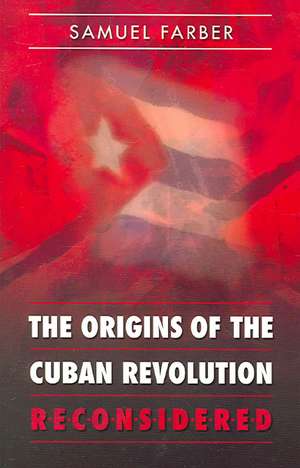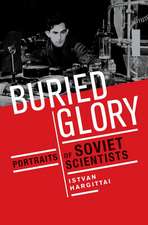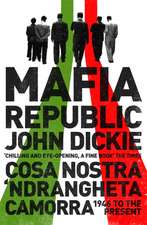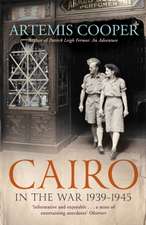The Origins of the Cuban Revolution Reconsidered: Envisioning Cuba (Paperback)
Autor Samuel Farberen Limba Engleză Paperback – 12 mar 2006
Din seria Envisioning Cuba (Paperback)
-
 Preț: 266.35 lei
Preț: 266.35 lei -
 Preț: 305.18 lei
Preț: 305.18 lei -
 Preț: 307.50 lei
Preț: 307.50 lei -
 Preț: 331.85 lei
Preț: 331.85 lei -
 Preț: 303.66 lei
Preț: 303.66 lei -
 Preț: 349.55 lei
Preț: 349.55 lei -
 Preț: 373.87 lei
Preț: 373.87 lei -
 Preț: 303.05 lei
Preț: 303.05 lei -
 Preț: 304.04 lei
Preț: 304.04 lei -
 Preț: 269.06 lei
Preț: 269.06 lei -
 Preț: 309.26 lei
Preț: 309.26 lei -
 Preț: 272.12 lei
Preț: 272.12 lei -
 Preț: 266.94 lei
Preț: 266.94 lei -
 Preț: 306.16 lei
Preț: 306.16 lei -
 Preț: 271.19 lei
Preț: 271.19 lei -
 Preț: 308.27 lei
Preț: 308.27 lei -
 Preț: 265.42 lei
Preț: 265.42 lei -
 Preț: 289.37 lei
Preț: 289.37 lei -
 Preț: 332.94 lei
Preț: 332.94 lei -
 Preț: 286.47 lei
Preț: 286.47 lei -
 Preț: 285.50 lei
Preț: 285.50 lei -
 Preț: 286.26 lei
Preț: 286.26 lei -
 Preț: 339.57 lei
Preț: 339.57 lei -
 Preț: 269.24 lei
Preț: 269.24 lei -
 Preț: 284.94 lei
Preț: 284.94 lei -
 Preț: 271.57 lei
Preț: 271.57 lei
Preț: 263.08 lei
Nou
Puncte Express: 395
Preț estimativ în valută:
50.34€ • 52.63$ • 42.54£
50.34€ • 52.63$ • 42.54£
Carte tipărită la comandă
Livrare economică 07-21 martie
Preluare comenzi: 021 569.72.76
Specificații
ISBN-13: 9780807856734
ISBN-10: 0807856738
Pagini: 230
Dimensiuni: 150 x 235 x 14 mm
Greutate: 0.33 kg
Ediția:New.
Editura: University of North Carolina Press
Seria Envisioning Cuba (Paperback)
ISBN-10: 0807856738
Pagini: 230
Dimensiuni: 150 x 235 x 14 mm
Greutate: 0.33 kg
Ediția:New.
Editura: University of North Carolina Press
Seria Envisioning Cuba (Paperback)
Notă biografică
Samuel Farber is professor of political science at Brooklyn College and author of three previous books, including Revolution and Reaction in Cuba, 1933-1960: A Political Sociology from Machado to Castro.














